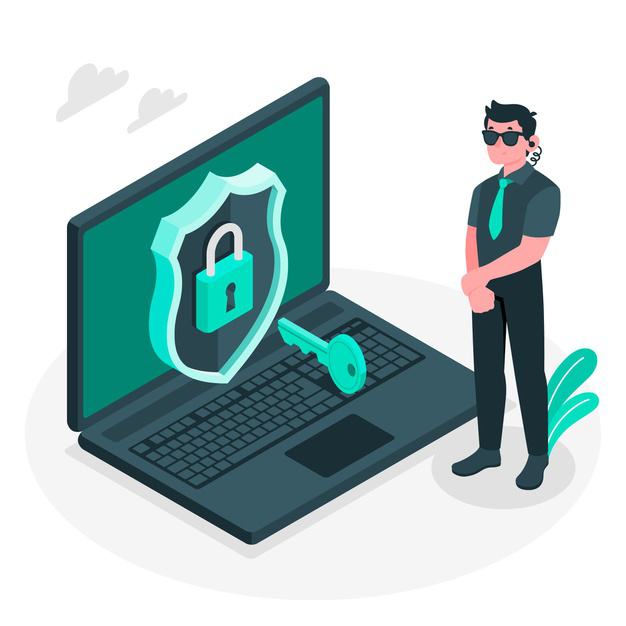How to Protect your Magento Website?
Magento is used for e-commerce websites. These are attractive targets for hackers because they will generally store personal details and maybe even payment details. This means that you absolutely must know how to secure your Magento website.
8 Essential Magento Security Tips
When looking at how to secure your Magento website, there are eight key points you must address. These are as follows. Choose a host with a solid track record on security. Invest in a website vulnerability scanner. Keep your Magento install up to date. Create a custom path to your site’s admin URL. Implement HTTPS (at least on key pages). Make sure your database is kept encrypted and backed up. Buy as much bandwidth as you can afford. Limit and manage your user accesses.

1. Choose a host with a solid track record on security
It’s unwise to compromise on hosting security for any business website, it is, or should be, absolutely out of the question for anyone running an e-commerce website. Remember that customer data is likely to be covered by data-protection laws and in the eyes of the law, you are responsible for the security of any personal data you collect, not your host. This means that trying to save a few cents on a hosting package could end up costing you top dollar in court.
2. Invest in a website vulnerability scanner
Different website vulnerability scanners will have different levels of functionality, but any website vulnerability scanner worth the name will have an anti-malware scanner and a website applications firewall. These can substantially increase security at a price even SMBs can afford.
While you’re about it, make sure you also have a robust anti-malware solution with an integrated firewall to protect any devices you use to connect to the back end of your website. This includes mobile devices. In fact, you should have anti-malware protection for any devices you have which are used to connect to the internet, regardless of whether or not you use them to access the back-end of your website.
3. Keep your Magento install up to date
With some forms of software, there can be a reasonable argument to be made for holding off applying updates for a short time to see if the updates wind up causing more problems than they solve. This is not the case at all with Magento.
Not only does the team behind it have a really good track record of bringing out updates that actually work, but each update comes with patch notes which tell you exactly what is being done. Please note, however, that these patch notes also tell malicious actors what is being done. This makes it easier for them to exploit vulnerabilities in outdated versions of Magento.
4. Create a custom path to your site’s admin URL
The default path to your admin panel is yourdomain/admin and everyone knows it (and if they don’t they can easily find out by searching the internet quickly). Many organizations use standardized account names. This is understandable but does tend to make them fairly easy to guess. If hackers know your admin login URL and an account name, they may be able to obtain the relevant password by means ranging from a brute force attack to sophisticated social engineering.
5. Implement HTTPS (at least on key pages)
If you’re taking payments on your own site (as opposed to sending users to a third-party payment gateway), you’ll probably be obliged to implement HTTPS as a condition of working with the payments company. If you’re, not, however, it still makes very good sense to do so. The extra layer of encryption keeps your customers’ data secure and thus helps to keep you on the right side of the law.
6. Make sure your database is kept encrypted and backed up
Keeping your database encrypted means that even if hackers get access to your database, the data in it will be useless to them. Keeping your database backed up (encrypted) means that if your production database is damaged (or held to ransom) you can just restore from your backup.
7. Buy as much bandwidth as you can afford
This doesn’t exactly secure your Magento website, but it does mean that you’ll have more breathing space to deal with a DDoS attack before it reaches a point where it impacts your service delivery.
8. Limit and manage your user accesses.
This is standard advice for anything to do with security and holds true for Magento websites. Keep your administrators to a minimum, secure their accounts well (including implementing two-factor authentication), explicitly forbid them to share their credentials, and revoke their accounts as soon as they cease to be needed.
Please click here now to have your website scanned, for free, by cWatch from Comodo.
How to tell if my WordPress site has been hacked?
© 2026 Comodo Security Solutions, Inc





